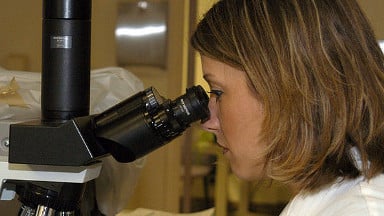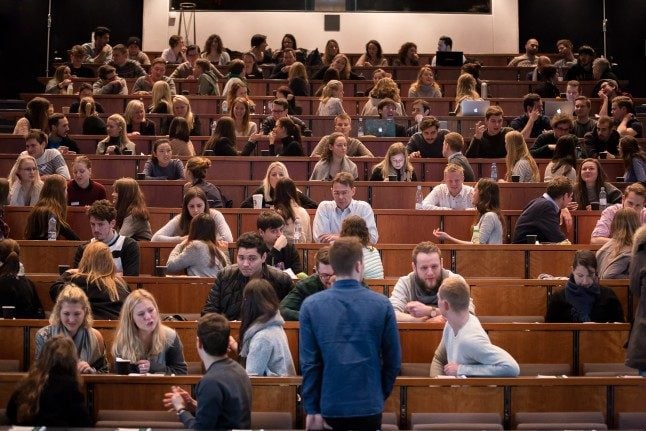The method used an HIV virus vector and the patients' own blood stem cells to deliver a corrected version of a faulty gene, said the report in the US
journal Science.
As a result, six children are doing well, 18 to 32 months after their operations, said lead scientist Luigi Naldini of the San Raffaele Telethon Institute for Gene Therapy in Milan.
"Three years after the start of the clinical trial, the results obtained from the first six patients are very encouraging. The therapy is not only safe, but also effective and able to change the clinical history of these severe diseases."
Three of the children suffer from metachromatic leukodystrophy, a disease of the nervous system which is caused by mutations in the ARSA gene.
Babies with the disease appear healthy when they are born, but as they grow, they start to lose cognitive and motor skills. There is no cure.
The new gene therapy approach has halted progression of the disease in these three children, researchers said.
The other three children in the study have Wiskott-Aldrich syndrome, which is caused by mutations in the WAS gene and results in recurring infections, autoimmune diseases, frequent bleeding, and a high risk of cancer.
The treatment has caused the children's symptoms to lessen or vanish altogether, the researchers said.
Previous attempts at gene therapy for a range of diseases, including Wiskott-Aldrich Syndrome, have shown some success, but over the long term it was discovered that immune-compromised patients sometimes developed blood cancer.
Researchers now believe that the viral vectors used in the past may have somehow activated a part of the DNA that caused cancer.
Scientists have been greatly cautious with human trials on gene therapy since the 1999 death of an American teenager, Jesse Gelsinger, whose participation in a trial for a rare metabolic disorder overwhelmed his immune system and led to death by multiple organ failure.
The new method is based on taking hematopoietic stem cells from the patients' bone marrow and introducing a corrected copy of the defective gene
using viral vectors derived from HIV.
When the treated cells are re-injected into the patients, they begin to restore the missing protein to key organs.
"Until now we have never seen a way to engineer stem cells using gene therapy that is as effective and safe as this one," said researcher Eugenio
Monti.
"These results pave the way for new therapies for other more common diseases."
The two trials began in 2010 and include six patients with Wiskott-Aldrich syndrome and 10 with metachromatic leukodystrophy.
The research published in Science relates to the first six patients, for which enough time has passed for scientists to reach their first conclusions on safety and efficacy.
However, scientists involved in the project say longer follow-up time and more patient trials are needed to confirm the safety and effectiveness of the therapy.



 Please whitelist us to continue reading.
Please whitelist us to continue reading.
Member comments